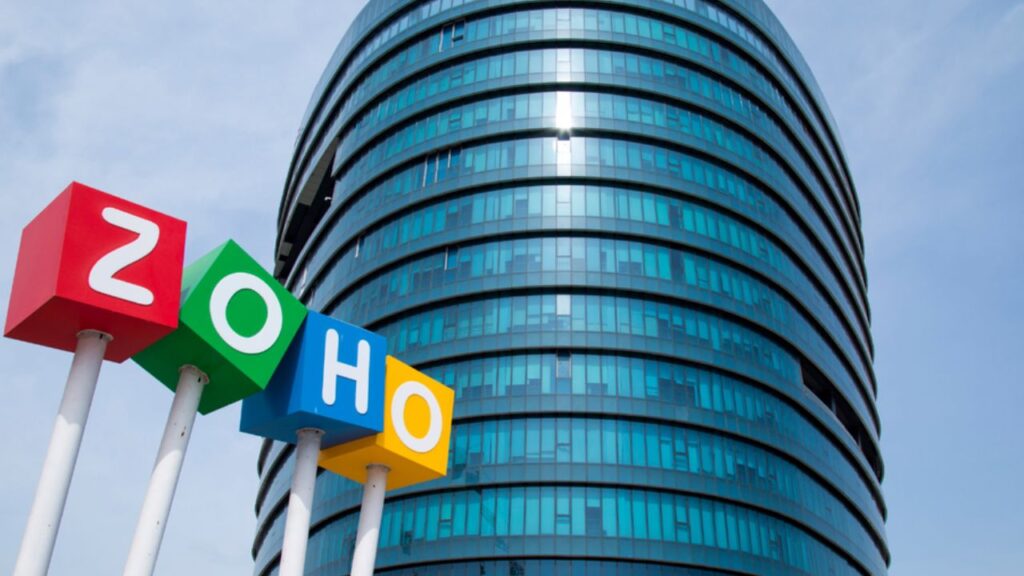India loves surprises, and this time it comes from the world of messaging apps. A relatively lesser-known app named Arattai, developed by Indian tech company Zoho, has suddenly become the talk of the town. In just three days, the number of people signing up daily has jumped from 3,000 to 3.5 lakh, recording a 100x increase. But the question is, can it really challenge WhatsApp in the social media messaging market?
This unexpected rise has made people curious. What exactly is Arattai? Why has it become so popular overnight? And most importantly, can it really compete with WhatsApp, which is used by over 500 million Indians?
Meaning Behind Arattai
The word ‘Arattai’ comes from Tamil, which loosely translates to casual conversation or light-hearted talk. Interestingly, the app was launched in 2021 as a side project, but it is only now getting nationwide attention.
Arattai offers all basic messaging features like personal chats, group messaging, voice notes, image and video sharing, stories, and broadcast channels. But the brand highlights one major advantage — it is a fully Made-in-India app built without spyware, keeping user privacy at the core.

Key Features in Use
Arattai looks and functions much like any modern messaging platform. Users can chat, share media, send files and even make audio and video calls. The company claims that the calls come with end-to-end encryption, and that the app supports multiple devices including Android TV, making it flexible for both personal and professional use.
Zoho has clearly stated that it does not use user data for profit, unlike many foreign apps that rely heavily on advertising and data monetisation. In a time when digital privacy is a serious concern, this promise alone has drawn many curious users to try the app.
100x More Users
The sudden boom started when Union Education Minister Dharmendra Pradhan appealed to citizens to support and use Indian-made apps. Among the suggested names, Arattai topped the list, immediately leading to a massive spike in downloads and daily registrations.
Zoho Co-Founder Sridhar Vembu said the team had expected growth later in the year, but the boost came much earlier than planned. The company is now rapidly scaling its servers and systems to handle the traffic.
Facing Early Challenges
With popularity comes pressure, and Arattai is no exception. Many early users have reported delayed OTPs, contact syncing issues and occasional call drops. Zoho has acknowledged these hurdles and clarified that system stability may take a few more days, assuring that the team is working round the clock to smoothen the user experience.
Arattai WhatsApp Comparison
Now comes the big question — can Arattai really take on WhatsApp? After all, WhatsApp is deeply rooted in daily Indian life, from personal conversations to business dealings. Its dominance is almost unshakeable.
Arattai has speed and patriotic emotion in its favour, but matching WhatsApp’s polished experience, strong infrastructure, and trusted security model will be a major challenge. In fact, Arattai currently does not offer full end-to-end encryption for chats, which remains one of WhatsApp’s strongest selling points. Until that gap is bridged, Arattai may serve as an alternative, but not a full replacement.
Hope for Indian Innovation
Even with limitations, Arattai’s rise has sparked a new wave of hope. It shows that Indian users are ready to support local platforms — provided they are reliable, secure and smooth to use. Zoho now has the golden opportunity to prove that a homegrown messaging app can stand strong against global tech giants.
The real success of Arattai app will not be measured by sudden downloads, but by how many users stay. If Zoho improves features quickly, strengthens privacy further and builds trust, Arattai could become India’s proud answer to WhatsApp.


